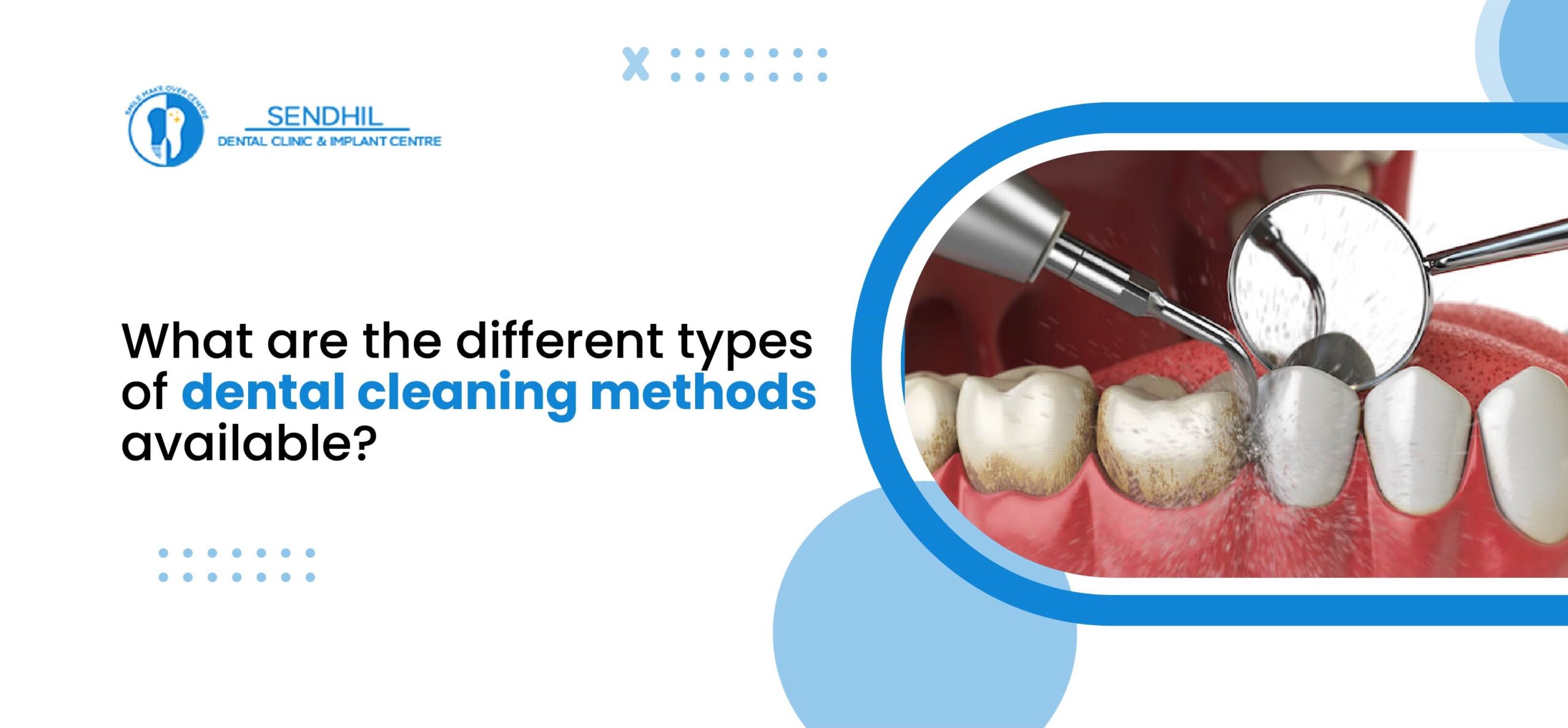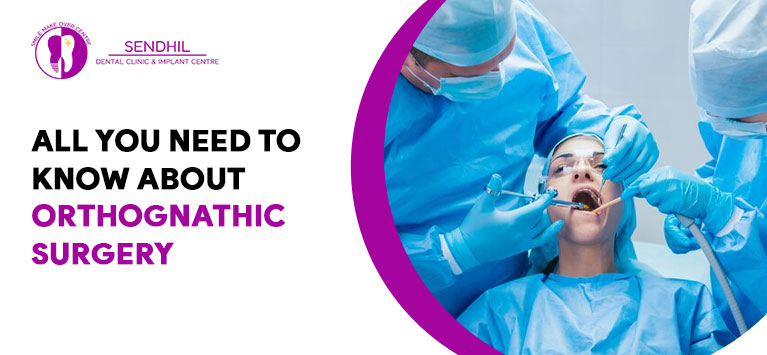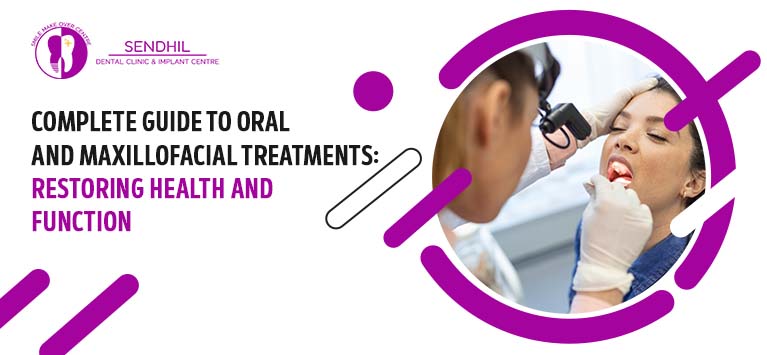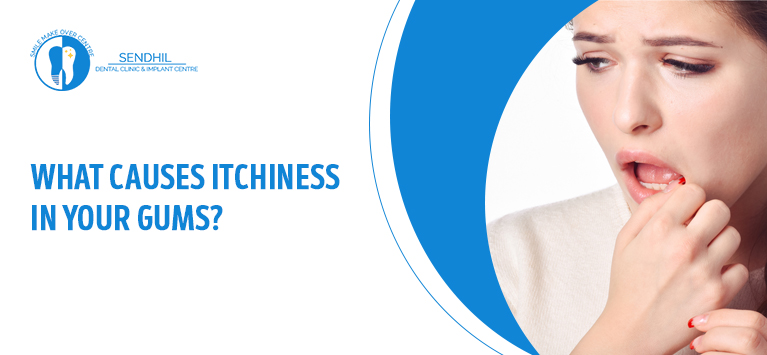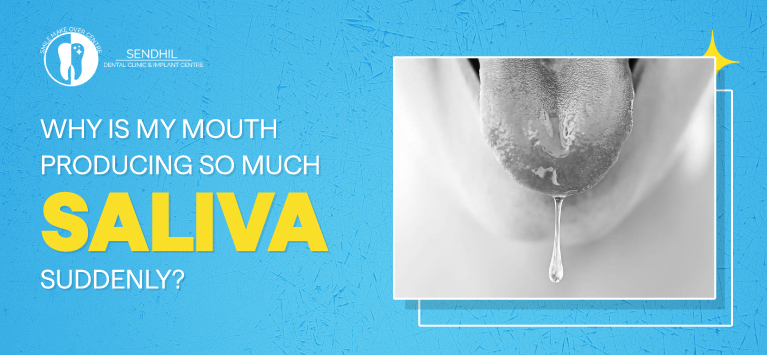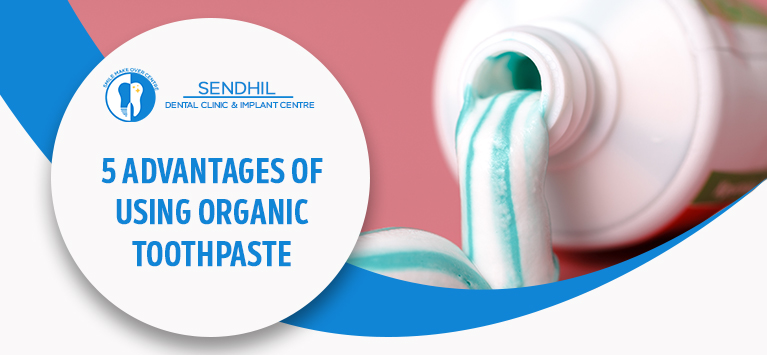5 dental problems that indicate bodily disorders
Your teeth and gums can say a lot about your healthiness. As our dental health is integral to general health, mouth disorders have an impact on different parts of your body. For instance, untreated gum disease is linked to various life-threatening conditions like heart disease, stroke, lung diseases. Likely, the bodily disorders exhibit their aftermath on the oral cavity also.
In essence, the bizarre things you notice on your teeth and gums might be an indicator of underlying bodily disorders.
In this post, we have explained some oral problems that appear common but are linked to serious health conditions.
1) Stubborn canker sores
Canker sores, also known as mouth ulcer is a common oral problem and is mostly happened with accidental bites or mild injuries with sharp utensils like forks. Meanwhile, genetics, hormonal fluctuations, seasonal allergies also provoke mouth ulcers. Luckily, they go on their own within a few days.
If you notice that the sores are adamant and exist for a while, you should pay attention because it may be a warning sign of oral cancer. We recommend to get cancer screening if you have mouth ulcer for a long time.
2) Thin Enamel
Enamel is the outermost covering of your teeth. Despite it is the hardest substance in our body, it becomes weakened over time due to the constant wear and tear, biting, and chewing activities. This is identified with a tooth that appears translucent and shiny.
When tooth enamel becomes thinner, it eventually ends in enamel erosion unveiling the sensitive layers underneath the enamel. It means a tooth with thin enamel is prone to the cavity and other bacterial infections.
Such thinner enamel is a sign of Acid reflux disease. People suffering from reflux diseases like GERD have a problem of stomach acids travel back to the mouth frequently. So your teeth will be in persistent contact with acidic substances that can erode the enamel and weaken your teeth.
3) Enamel erosion
Similar to GERD, the enamel becomes weak due to the teeth’s frequent contact with stomach acids. Apart from taking highly acidic foods and drinks, eating disorders such as bulimia and bodily disorders like hiatus hernia also provoke the acids to travel back to your mouth frequently.
4) Loose Teeth
The high glucose or sugar in your blood feeds oral bacteria to thrive and is followed by bacteria invasions on various parts of the oral cavity. In simply, people with diabetes (high blood sugar) have high chances of getting cavity, gum diseases, bad breath, oral thrush, etc.
Periodontists found that gum diseases are common in diabetic patients. When bacteria infect the gum tissues, it is followed by dwindling the surrounding bone support. Hence your teeth will become loose and eventually fall out.
5) Tooth loss
Looseness in teeth is also a symptom of kidney disease. When your kidneys do not function properly, the waste particles will build up in your blood and it is known as uremia.
Now the oral bacteria take advantage of the uremia and infect the oral tissues aggressively. It ends in dental problems such as metallic taste in the mouth, bad taste, oral thrush. This in the longer run, infects the gum tissues and weakens the bone support of teeth as we discussed earlier.
Remember that a tooth that falls out without any traumatic injuries is a warning sign of diabetes and kidney disease.
Bottom line
A healthy mouth has its synonymous with a healthy body. Maintaining an efficient oral hygiene routine will benefit your general health as well as oral health. In certain cases, your body uses the teeth and oral tissues to warn regarding the underlying bodily disorders as we had discussed here.
Have queries on the link between oral health and general health? Contact our dentists. We are ready to answer.



